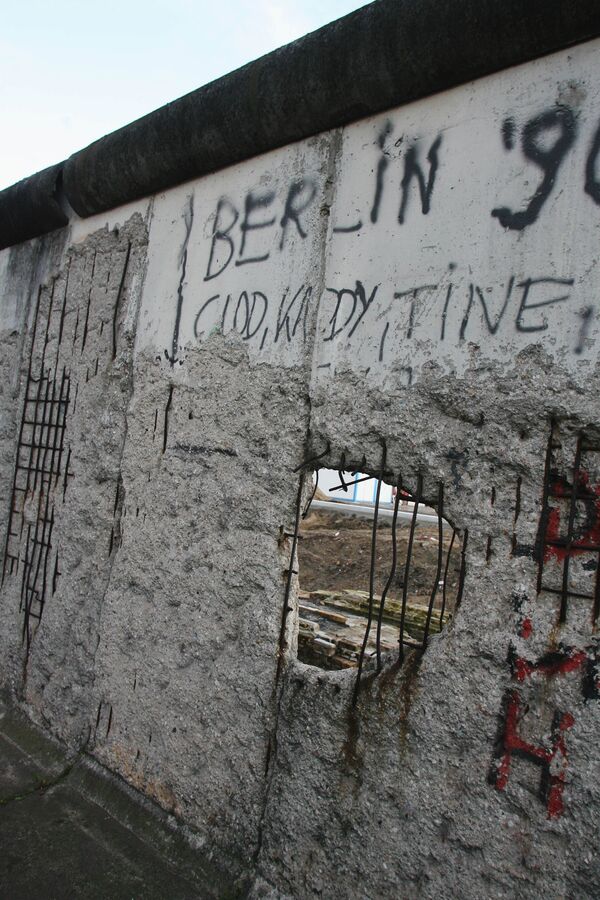Interview with Natalia Toganova, Ph.D., a researcher at the Center for European Studies of the Russian Academy of Sciences’ Institute of World Economy and International Relations
On November 9, 2009 the world marked 20 years since the fall of the Berlin Wall. What is the importance of that event?
Today we regard the fall of the Berlin Wall as a signal event of historical importance for the German people and Germany as a state. However, its historical importance overshadows its economic significance.
What do you mean?
[Chancellor Helmut] Kohl promised that the reunification of Germany would create a prosperous economy, but his promise has not materialized, and the German press now publishes fewer economic commentaries than for the event’s tenth or fifteenth anniversary.
Why is that?
The economic convergence proceeded quite well in the first five years [after reunification] and the results were still optimistic ten years later. But 15 years after the event convergence slowed down, and now relations between regions in the former East Germany are noted by polarization rather than convergence.
Has the gap between the living standards in the western and eastern parts of Germany grown rather than decreased?
No, but its size has not changed for the past five years. There are successful regions, and they are becoming more successful with each passing year, for example in Saxony. When they speak about success, they mostly refer to Saxony.
Has the gap between mentality in the eastern and western parts of Germany disappeared?
No, and it will not disappear for a long time yet. There are fewer owners in the eastern regions and their businesses are smaller. Only 3% of companies with a turnover of more than 250 million euros are registered in the eastern regions, which means that unemployment is higher and incomes are smaller there.
What were the political consequences of the fall of the Berlin Wall for Europe and the world?
It was a signal event but not a turning point for Europe, because the turning point was the mutual opening up of Eastern Europe and Western Europe. The fall of the Berlin Wall was breaking news broadcast by the global media, but contrary to expectations the role of Germany after reunification has not increased in Europe or the world. This became evident already in 1992. Germany was busy trying to resolve domestic problems, primarily in the economy.
But Germany is a leading European economy, and its political role has been growing, hasn’t it?
Yes, this is true, but the predictions of 1989 and the early 1990s, when some feared that Germany would become the leading player in the world, have not come true.
Do you agree that Mikhail Gorbachev played a big role in the fall of the Berlin Wall?
In my opinion, it was a historical process that was bound to happen, and it happened. At that time, Mikhail Gorbachev was the leader of the Soviet Union. What is important is that the process was not dragged out, and that Gorbachev made the decisive step. But it would have happened anyway. The Soviet Union lacked the funds to maintain the status quo in Europe. The reunification of Germany was inevitable.



